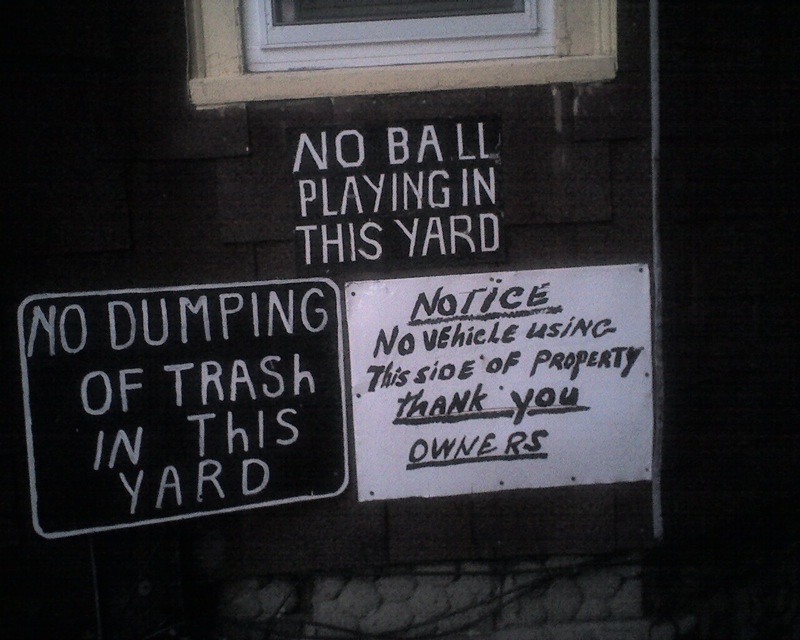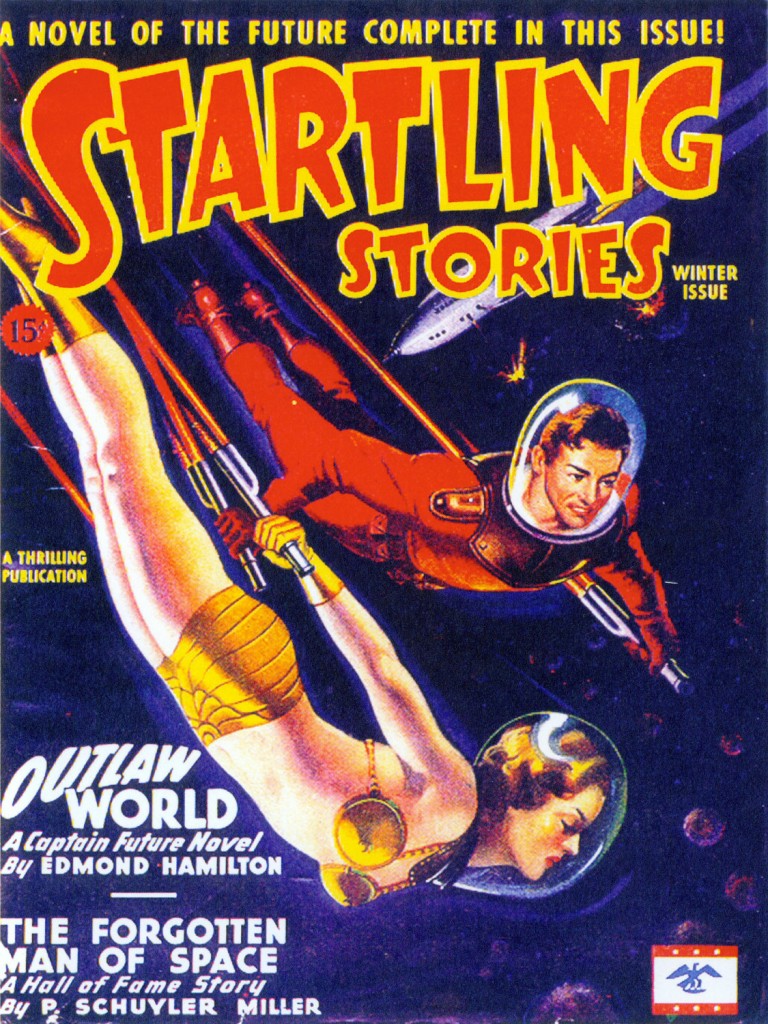
No nothing in this yard. Photo: Alist
As Researching Your Own Practice acknowledges, noticing is something necessary, as well as reflection, in order to behave and think in the best manner possible. In personal life, career life and education, noticing is something that most people don’t notice. Notice that is, that noticing is something we take for granted and don’t exercise complete control over.
So it’s simple, isn’t it? Just take more notice of your surroundings and your actions, your thought processes. But it’s not that simple, as John Mason discusses:
“Noticing itself is something that happens to us, not something we do deliberately, or at least, not something that the deliberate and conscious parts of us can decide to do. You can “decide” to notice some thing or some feature, but it may or may not happen.”
So what can you do? Discipline yourself and exercise your capabilities to notice and pay attention to detail. Mason suggests activities and exercises to practice and hone your senses. Theoretically, it makes sense. Put into practice it definitely helps to increase alertness and attentiveness to your environment and your own thought processes and methods.
For me, I am a perfectionist. I pay an incredible attention to detail that most people do not. I often catch people off guard, or surprise them with a specific detail or notion that I’ve stored in my brain. An example? I regularly attend AFL games (Richmond ones of course, I’ve been a member for 2/3 of my life) with my father. My father is a seasoned football spectator, but I notice everything around the ground, the movements of players, habits, action behind the play, injuries that occur, the whole lot. I often catch him off guard when I bring something to his attention.

“Look Dad, Daniel Jackson’s been hit in the head!” Maybe not a perfect example of noticing a minor detail. Photo: The Age
Noticing things in your environment is something, but noticing your own practice is something else. I also feel like this is something I excel at. I understand and notice how my brain works and the habits that I have. Personally, I feel competent in comprehending my behaviours, the only problem I have is committing myself to and creating a solution. Now this is another issue entirely, but it also comes back to noticing. Because to identify this issue and amend it, I have to take notice of it.
Well the problems have certainly been identified. It’s up to me to continue to develop my problem solving abilities and thinking strategies in order to enhance my practices and methods.
Learning never stops, we keep learning for the rest of our lives, so I might as well keep an open and active mind and try and make the most of it.





